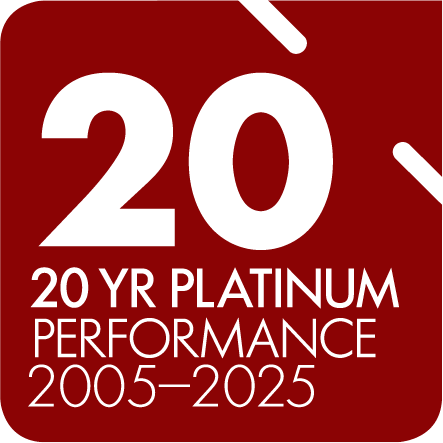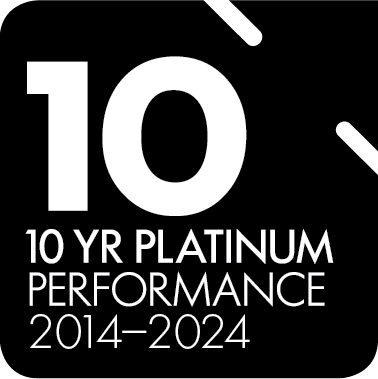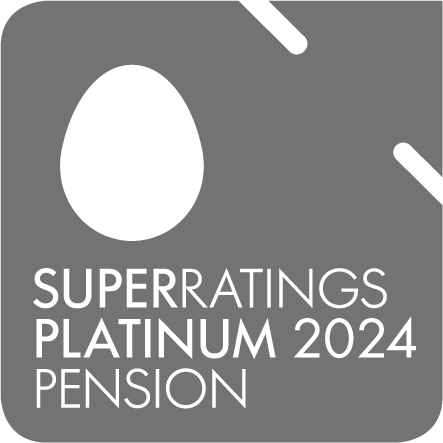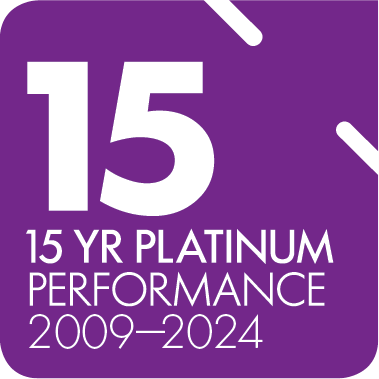With exponential increases in rental prices making it even harder for Australians to save, the dream of home ownership is fast becoming a nightmare for many. In light of this challenging climate, financial experts are urging Aussies to remember there are long-term investment options available to them which require less upfront commitment than purchasing a property — such as superannuation.
When it comes to property, it is no surprise that emerging trends like build-to-rent (BtR) are becoming increasingly popular. With landlords reportedly taking the ‘don’t like it, leave’ stance toward rental negotiations, BtR accommodation models are even being coined ‘the golden child of property development’.
Already a popular phenomenon abroad, BtR is beginning to appear on Australian shores. The model sees apartment complexes designed and constructed by a developer who retains ownership of the building when it is complete. The apartments are then rented out to tenants by the developer, who continues to manage and maintain the property.
Experts say the BtR model is likely to grow rapidly over coming years. In fact, the AFR reported back in May that the sector is on track to account for 12 per cent of all new high-density housing starts by next year.
So, why is it becoming increasingly difficult for Australians to invest in property? While the construction industry’s current crisis can be partly attributed to COVID-19, the sector has in fact been in a self-declared crisis since 2019.
Even before the rental landscape became so dire, a survey conducted by Equip earlier this year showed that just over one in ten Australians (12 per cent) cite saving for a home as their number one financial focus.
Not only does this indicate a low priority held for traditional brick and mortar investment, it also supports recent findings that show Australians are placing an increased emphasis on growing their super.
At 45, Melbourne resident Sharon Westin has thrown in the towel when it comes to property, choosing to instead focus on her super balance, cash savings and shares.
Despite running three businesses, Sharon has found it impossible to enter the property market, saying: “I’ve never owned a property. Throughout my life, I’ve lived in 39 homes and, over the last fifteen years, spent close to $60,000 on moving costs alone. As a mother of two teenage boys, it’s not easy, but the property market is extraordinarily expensive so it’s something I’ve just come to accept”.
“Now that I am taking charge of my super, I feel more in control but there is a lot of work yet to be done. For Australians wanting to protect their financial future, I say there is no better time than now to start putting more toward super.”
Equip CEO, Scott Cameron, concludes: “It’s not inconceivable that super will surpass property as the key financial asset for many Australians, as home ownership becomes increasingly out of reach.”
“We are committed to supporting our members with knowledge and advice around investment, for whatever their personal circumstances or objectives may be. Equip members have access to personalised advice tailored to their circumstances, to ensure they get the best outcome for their savings.”















